Part one: How Not to be Secular Book Review
Big Idea: The Western world has closed itself off to the possibility of transcendent reality. We live in a “closed frame” now. The material world is all there is. We make meaning out of what’s here, and we are just fine without God. Except we are not — our world is haunted, tucked away in our imagination, in beauty, in poetry and a hundred other things; shades, shadows, and glimpses of “something more” remains. Taylor wants us to “feel” what is more and move in that direction.
Key Takeaways:
- It’s Those Damn Protestants! Before the reformers, Everyone believed in an enchanted world. Cosmic powers were active and present. A specific class of people (nuns, monks, and priests) connected with the divine and prayed for everyone else who was just trying to survive. Sacramentalism and ritual helped the masses embrace a world open to transcendence. But then the reformers come. As an act of devotion to God, they abolished the sacred-secular split and rejected the particular class of people devoted to God; Instead, all people were expected to live holy lives. Sacramentalism and ritual were de-prioritized for a form of Christianity based on strictly rational thought. The reformers believed if they left behind their candles and chants and all the crazy magic stuff from the old religion and instead read their Bibles, they would figure out God and his plans for everyone. God becomes more of a subject for study instead of a saviour to worship. From the reformers comes deism. God is functionally removed from day-to-day operations in the world. Instead of embracing the mystery of God with us, God gets reduced to a debate point for his existence as the unmoved mover. It’s a short step to exclusive humanism from here. From the reformers comes moralism. There is no more sacred-secular split; everyone must be holy. In the end, the pressure of moral expectation on everyday people becomes too much, and since God is distant anyway, it becomes easier to envision him as absent altogether.
- By railing against vice and “crank[ing] up the terrifying visions of damnation,” Protestant preachers effectively-prepared “the desertion of a goodly part of their flock to humanism” (p. 38).
- “We reject the sacramentals; all the elements of ‘magic’ in the old religion” (p. 39). — the protestants “disenchanted” the religion, which opened the door for people to altogether abandon it…The rejection of sacramentalism is the beginning of naturalism (40)
- Once God’s role is diminished to that of a deistic agent (by his defenders, we should add), the gig is pretty much up: …exclusive humanism could take hold. (p. 53).
- Somehow the Protestant Reformation opened the door to what would become, by a winding, contingent path, exclusive humanism. (p. 39).
- The rejection of sacramentalism is the beginning of naturalism (40)
- Even though it rejects Christianity, exclusive humanism was only possible having come through Christianity. (p. 56).
- So it is not surprising, then, that the “religion” of this impersonal order is also de-Communion-ed, de-ritualized, and disembodied. — this looks like a lot of Protestantism. (p. 58) and what would become fundamentalism and evangelicalism.
So let me get this straight, we live in a secular age, precisely because of the unintended consequences of the protestants!? Well, that’s new information for me. But I can see his point. Growing up in protestant, fundamentalist, evangelical circles, it was more argumentation for God and bombast than anything else, and we were warned regularly of the idolatry and backwardness of the Roman Catholics. For the first thirty years of my life, I didn’t even know what a church calendar was. Though it seems to me, there has been a resurgence towards sacramentalism and ritual across the board in Western Christianity, which perhaps proves Taylors point. Those who remain in the faith have come to realize that deistic evidentialist debates about God and strict morality, in the long run, leave us empty and heading for the exits of our faith.
Ravi Zacharias is out. Henri Nouwen and Thomas Merton are in, and according to Taylor (and me), that’s a good thing.
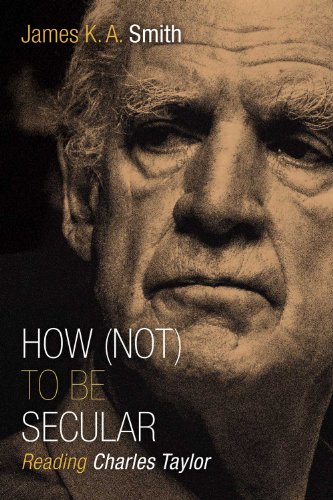
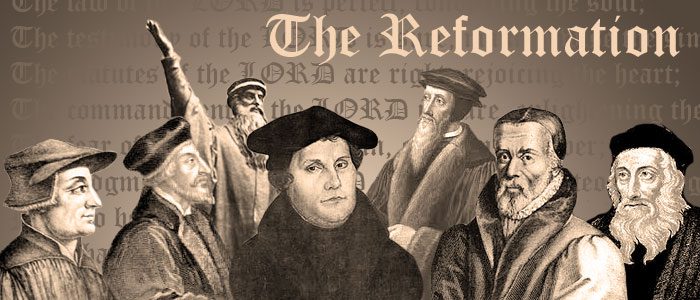
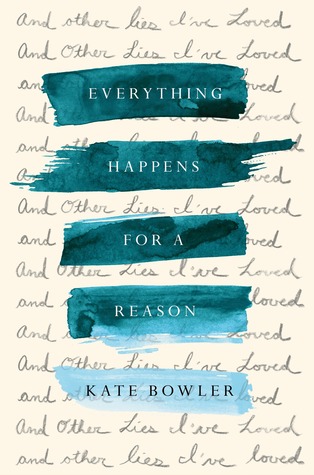
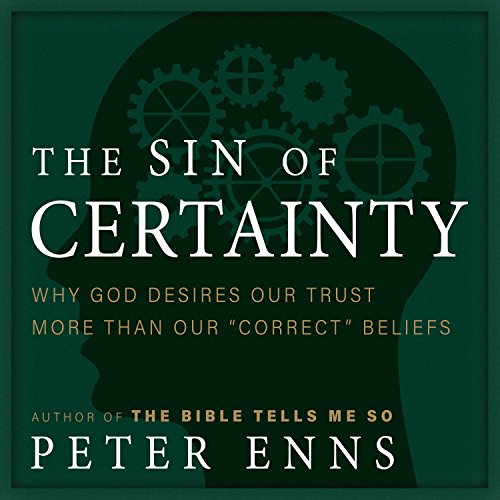

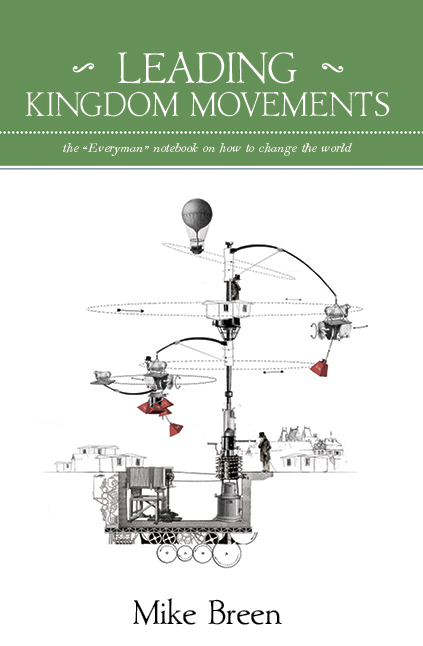
One Response